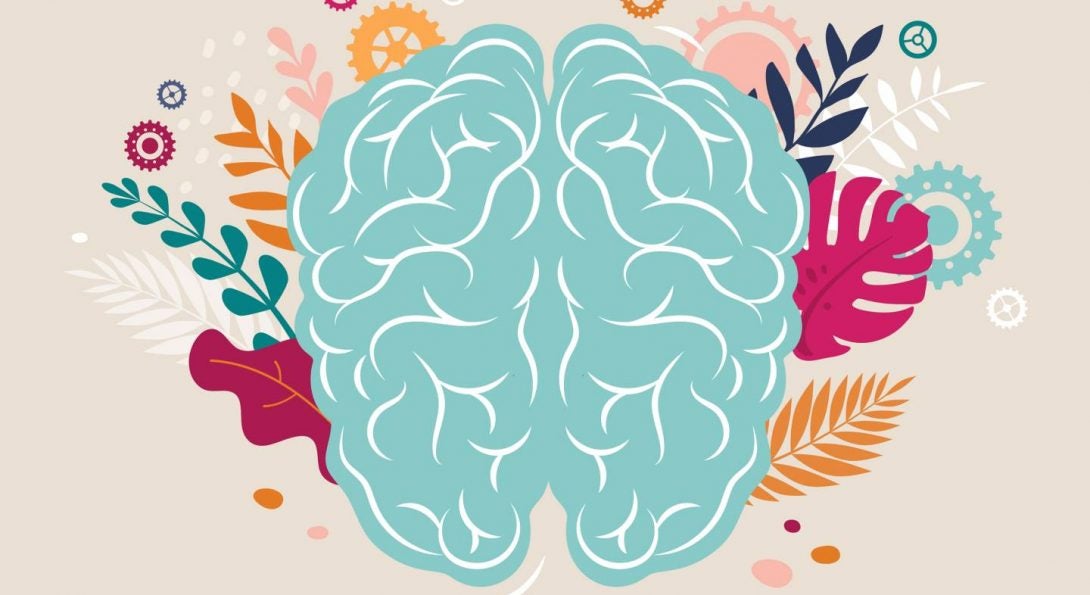College Students and Anxiety: How to Manage Your Anxiety

Did you know?:
- About 41% of college students report that they experience anxiety
- About 36% of college students report that they experience depression
- Almost 25% of college students take medication to help manage their mental health concerns
- From: https://www.apa.org/monitor/2013/06/college-students
So what does this mean?
First off, it’s ok to not be ok! Mental illness is an illness just like any other. If you have the flu, you go to the doctor, you rest, you take care of yourself…So why is this so hard when we experience depression or anxiety? Sadly, there is a lot of stigma surrounding mental health and mental health treatment. But just like any other illness, it is important to take care of yourself. Don’t worry what others think or say, your top priority needs to be taking care of yourself. Never forget, your feelings and emotions are important and they are valid. The things you are feeling are very real and not “all in your head.” Mental illness is an illness and everyone deserves help and treatment.
What can you do?
If you’re nervous or unsure of where to start, do some research! Whether you’re looking for treatment options or just want to educate yourself, there are so many resources right at your fingertips. If you are looking for resources within the UIC community, you can visit the UIC Counseling Center in the Student Services Building (SSB) in suite 2010 or check out their website at https://counseling.uic.edu/.
Some other UIC resources include:
- UIC Department of Psychiatry’s Neuropsychiatric Institute https://www.psych.uic.edu/clinical/adult-services
- Office of Applied Psychological Services https://psch.uic.edu/research-programs/clinical/office-of-applied-psychological-services/
If you’re looking for resources throughout Chicago (or the suburbs!) you can check out the National Alliance on Mental Illness, or NAMI, at https://www.namichicago.org/
If you’re looking for educational or advocacy information look at Hope for the Day at https://www.hftd.org/
If you have a friend or loved one that experiences mental health issues, try to be understanding and supportive! Educate yourself and try to share your resources with them.
College is one of the most stressful things that you will ever experience! If you ever doubt yourself, remember this: you are strong, you are capable, the stress of college is only temporary, and you will be successful!
COVID-19 and Anxiety
- Limit usage of TV, internet, and social media concerning the Coronavirus. Do not google or research. Limit checking the latest news about the virus as well as your investments
- Key is to find balance between avoidance and over checking
- Limit or time how much time you spend on social media
- Exercise your mindfulness muscle: practice compassionately disengaging from worries and ruminations and gently bring your attention back to what is most important in your life. Notice when your mind tries to bait you into catastrophic discussions about the imagined future
- Watch out for body scanning. Notice when your mind is assessing what physical symptoms you are experiencing and how many relate to coronavirus
- Notice when following health recommendations have been compulsions (which feed the anxiety cycle) such as compulsive hand washing. Taking off your clothes before you come into the house, over isolation and seclusion
- Remind yourself of the facts: Use credible resources when looking up information such as the CDC and WHO.
- Preserves some sense of normalcy: continue doing what you enjoy with modifications.be creative. (exercise inside your home or out in nature instead of at the gym).
- Be productive and try new ways of enjoying life: organize a messy cabinet, go on a bike ride, do a jigsaw puzzle, reconnect with your children and family, etc.
- Watch for social comparing. For example, “Everyone on social media seems to be enjoying this time with their kids and playing board games and using this time to bond. Why do I want to hide from my kids? I AM THE WORST”
- Engage in stress reductions activities: guided meditation, yoga, exercise, gratitude journal, be kind to yourself for what can and cannot do
- Seek out professional help. There are plenty of high-quality mental health providers offering web-based support (that is increasingly covered by insurance. Plus, many are offering sliding scales or free services). You need not move through these uncertain times alone.
- Viewing this as a gift of time
- Exercise once a day with the awesome free apps companies are offering
- Get outside once a day
- FaceTime friends
- Be more loving to self and others
- Put my attention toward my dog
- Cook (and eat), along with some meditation.
- Practice living in the moment – re-read the Power of Now and A New Earth by Eckhart Tolle
- Continue to get together with friends virtually
- The focus on what we can be grateful for
- Take a walk every day listening to my favorite songs
- Stop taking my temperature every day
- Make more phone calls, especially when I would have ordinarily texted or emailed
- Spend at least 30 minutes a day connecting without distraction with my kids and husband
- Practice forgiveness towards self and others as we stumble
- Stay away from constant newsfeeds
- Go for lots of walks with my dog
- Continue my meditation practice
- Commit to taking care of my physical body
- Find purpose in stillness
Additional tips:
- Coping strategy
- Headspace app
- Insight Timer app
- Calm app
- Avoid negative people by…
- Understanding everyone has a different mindset
- Respect how they are moving through this crisis
- Create your own little bubble to avoid those negative ideas